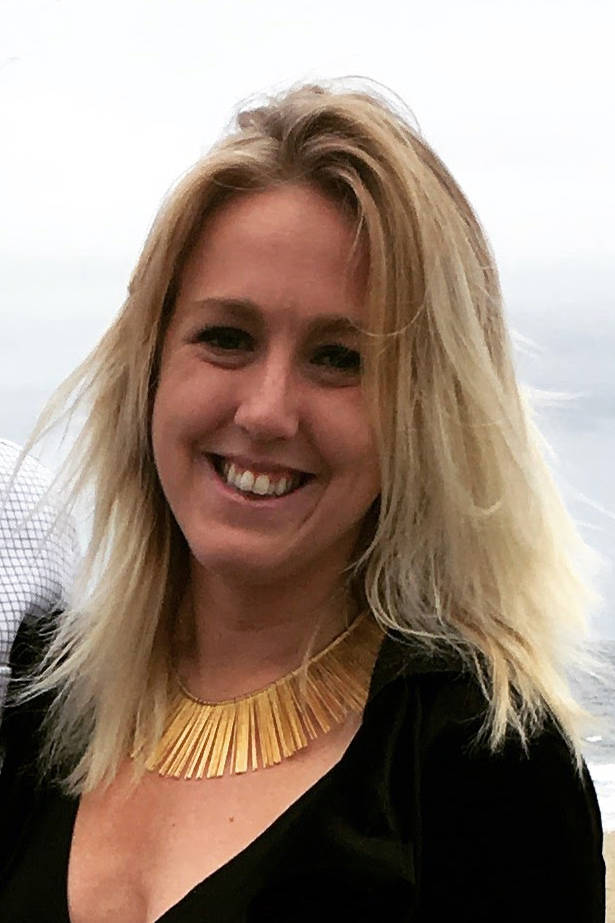I was standing waist deep in the Russian River with my rod tucked under my right arm. It was bent nearly in half, but it was my teeth clenched onto the line, not a sockeye’s, as I attempted to secure another sinker onto my rig. My pliers had gone the way of the river, as had the previous two or three rigs I had set up.
The man to my right had just banked another sockeye, so he’d reached his daily limit after just 45 minutes in the water. I was keeping track because I’d been standing in the water for six hours without a single bite, or whatever it is that my hook was searching for.
I had no idea what I was doing and while he bonked his final fish of the day with a grin, I finally admitted it to myself.
It’s not like I was unprepared. It was my fourth trip to the Russian River and before each one, I would read, watch and consume any information on salmon fishing that I could.
I chose the right pole after Googling “best pole for sockeye fishing.”
I stocked my tackle box after watching “how to tie a Russian River fly” on YouTube over a dozen times.
I leafed through a borrowed copy of Dave Atcheson’s “Fishing Alaska’s Kenai Peninsula” to figure out where to go, what to bring and what to expect.
With thousands of sockeyes being counted through to the Russian River weir, it was supposed to be a sure bet. Friendly faces and full coolers in the parking lot would reassure me at the beginning of each trip.
I was squeezing into a pair of neoprene waders on the side of Sterling Highway when a man walked by with a smile on his face. I knew the answer, but had to ask him how his morning had gone.
“The banks are open and the fish are biting, you can’t ask for a better day,” he told me.
I could have asked for a better day, because that day I did not catch a fish. The next day on the river, I did not catch a fish. And the day after that? I did not catch a fish. I knew where to go, what to bring and what to expect, but I didn’t know what I was doing.
Growing up on my father’s boat in the Atlantic Ocean, there was one rule I found myself breaking more often than not. No, I never brought a banana on board, but I did often smuggle on a book to curl up with on the bow.
I would read the day away and ask my dad as the boat was heading back in why I didn’t catch any fish. I wanted to have my fish and eat it too, to misquote the old idiom.
“You’re never going to catch anything with your nose in a book and your lure on the deck,” he would tell me in return, warning that I would lose my spot on the boat to a more worthy fisherman if I didn’t put the book down.
I waded back to the bank muttering under my breath. I get aggravated when my research fails me. Actually, to be blunt with myself, I’m a sore loser and a know-it-all and all of my personality flaws were plastered across my face in that moment.
But the man next to me still had a smile on his face that unexpectedly jumped onto mine when our eyes met. We smiled at each other and before I could even let my pride get in the way I yelled to him, “How do you do that?”
Boomer had traveled from Anchorage for a week on the Russian River, as he had done every year for the first sockeye run. He spent his entire life fishing in Alaska and, quite obviously, knew what he was doing. He was an expert, I was a novice (a tame adjective compared to the expletives I threw at myself) and, since his fishing day was done, he had time to kill.
He tied my rig the proper way. He took my rod in his hands and showed me how to flip and floss. He put the rod in my hands and guided my arms through the motions while we stood on the bank. From the bank, he pointed out the different aspects of the river I needed to pay attention to.
“The fish, they come around there and that’s where you’ll get them,” he told me as we waded back into the river. “Once that guy catches his last fish, make your way right there.”
He stood with me in the water, still guiding my arms along until I began to understand the flipping motion that was so foreign to me before. He showed me the timing of how to floss the line and helped me find the rhythm of bounce, bounce, bounce and one, two, three.
“Just keep doing this, I promise, you’ll catch one,” Boomer told me as he headed back to his campsite for the evening. I kept fishing and kept thanking him until he I couldn’t see nod of approval over my shoulder anymore.
Not long after, my rod was bent and I quickly tucked it under my right arm to reel in my first sockeye salmon.
I thanked Boomer once more for teaching me how to put the book down and fish.
Reach Kat Sorensen at kat.sorensen@peninsulaclarion.com.

